Return of Iljimae: Episode 7
by javabeans
This is the episode featuring rising star Sandara Park. I had known she was to be featured soon, but as I’m not familiar with her, it took me a minute to realize who she was.
My first thought before recognizing her was that she was super cute. (Her acting ranged from merely passable to pretty good; she has good screen presence. I can see why PD Hwang cast her to lead his installment of the telecinema project.)
SONG OF THE DAY
Jisun – “그는 널 사랑하지 안아” (He Doesn’t Love You) [ Download ]
Audio clip: Adobe Flash Player (version 9 or above) is required to play this audio clip. Download the latest version here. You also need to have JavaScript enabled in your browser.
EPISODE 7: “Throw the shuriken”
While Iljimae washes ashore in Japan, Wang Hweng-bo is trying to plan another jailbreak. There’s an amusing segment when Wang Hweng-bo “breaks the fourth wall” — addresses the camera — while doing leg exercises in shackles. The narrator wonders fancifully how he’d exercise without the shackles.
Breaking the fourth wall is one of those things that are usually frowned upon, but this series has its dashes of whimsy and it’s in moments like this when the drama makes full use of having a narrator. Anyway, Wang Hweng-bo is trying to build up his legs to walk straight, because his side-twisty shuffle is so distinctive it would get him caught if he were to escape again.
Gu Ja-myung is facing his own tribulations, originating with the official who had stabbed Cha-dol for stealing. The haughty man, who is in charge of the capital city’s judicial administration, is the main reason Gu is blamed for the failure to capture Iljimae, as well as the unsolved marketplace murder.
As punishment, Gu is stripped of his position, to be transported away in exile. He’s put into jail overnight — next door to a taunting Wang Hweng-bo — before being sent away under guard.
Gu’s men know that he’s a good officer and boss, but even his superiors have no power in this situation. The official has too much influence. They all see him off with heavy hearts.
Nobody takes the news harder than the loyal Soo-ryun (who I believe harbors a love for him, which she usually keeps tightly suppressed). As he leaves, she fights back tears and declares that she will wait for him to return. Believing that solving the cold case is the key to bringing Gu back, Soo-ryun focuses on that.
When re-interviewing Bae Sun-dal, he mentions something that’s been bothering him — just before the body was found, he had bumped into a man with a large mole on his cheek. He had dismissed it as unimportant at the time, but it keeps sticking with him.
With this information, Soo-ryun tracks down the culprit and brings him to heel — and damn, I don’t know if the fighter is the actress or a stuntwoman, but she is badass.
The problem is, although they arrest the man and interrogate him, he was just a paid assassin. He refuses to reveal who hired him.
Gu Ja-myung makes his distant journey while bound by ropes (to prevent escape). When he and his guard stop to eat, he overhears men planning a nighttime attack and rape of a local woman — a former gisaeng named Baek-mae who lives alone.
Gu begs his guard to let him go for just a moment, insisting that there’s something he must do in the name of preserving peace and order. With Gu’s reputation as a decent man, the guard is persuaded to untie his ropes and even insists on helping.
The two men stake out Baek-mae’s home that night, and while they wait, Gu gazes longingly at her from his hiding spot. Soon, a gang of men sneak into the courtyard and, hearing her screams, Gu and his guard jump in and fight them off.
He asks if she remembers him and identifies himself; at the mention of his name, Baek-mae looks up in alarm and shoves away from him.
Without thanks, she says coldly that she never asked for his help, and shuts herself in her house. The guard doesn’t know anything of their history and is affronted at her lack of gratitude, but Gu just answers, “It’s because she’s been hurt by men.”
His goal accomplished, Gu resumes his travel, thinking, “If she’s alive, we’ll meet again some time.” (He has got to be the most avoidant Ardent Lover ever.)
And now, back to Iljimae.
After being rescued, he awakens in the home of a kind man and his wife, who have cared for him since the husband found Iljimae on the beach.
(Note: As with the scenes that took place in China, the actors speak Korean. A few Japanese words are peppered throughout, but we are to understand that their dialogue is supposed to be in Japanese.)
When he is up and about, however, he sees that the couple’s teenage daughter, Rie (Sandara Park), is suffering a serious illness. Her mother is beside herself with worry, and even though her father maintains a stoic face, it’s clear he also despairs for his daughter.
Spying a young man, Kotaro, hanging about the house, Iljimae finds him at the shrine. This is where Kotaro has gone every day to offer up a prayer.
Iljimae asks Kotaro about Rie’s illness, but they don’t know what it is; all they know is that she’s expected to die soon. Kotaro is a quiet, serious type, who says with contained anger that all this praying is useless, “But it is all I can do.”
Remembering his satchel, Iljimae takes out the wild mountain ginseng left to him by Dal-yi’s father, and offers it to the couple as his thanks for saving his life. Dal-yi had already told of the curative powers of the rare, valuable ginseng, but the Japanese couple’s astonished reaction underscores its importance. The mother grasps Iljimae’s hand and says, “You have saved our daughter.”
Soon, Rie is up and about, and back to her usual bubbly self. She and Iljimae spend much of their days together as he helps the family with her father’s blacksmith work, fishing, and the like.
Her interest in him is evident in the way she mentions, haltingly, how close their two countries are, as if to highlight their similarities more than their differences. He doesn’t encourage her, remaining friendly but aloof.
Rie asks why Iljimae hasn’t asked her father to train him, to which he responds that he IS learning. But she clarifies, not smithery — the ninja arts.
This is news to him, as he hadn’t known her father’s proficiency in the martial arts. Rie leads him to a secret room in the house, where they find an arsenal of swords, nunchaku, shurikens, etc.
Rie suggests that Iljimae ask her father to teach him. While normally her father might not agree, he wouldn’t refuse Iljimae after he’d saved Rie’s life.
So begins his ninja training, undertaken alongside Rie.
The training incorporates all sorts of weapons and takes them underwater and into treetops. All the while, a disheartened Kotaro watches Rie and Iljimae bonding from afar.
When he has advanced to a certain level of proficiency, Rie’s father hands Iljimae a shuriken for the last part of his training. He is to stay in the forest and use only that weapon to catch his food — if he is unsuccessful, his fate is to starve to death. He informs Iljimae that now there are no more debts between them. It’s up to Iljimae’s skills alone to become a ninja.
Rie worries over this extreme task as Iljimae heads into the forest, armed only with the shuriken. He climbs trees and stalks rabbits, but struggles and grows gradually weaker. At one point, his feet get tangled in the brush as he starts to chase one prey, sending him tumbling to the ground.
At this point, Kotaro appears, noting his exhaustion, and gives him a tip: the eyes must see before the body moves.
Kotaro’s words must do the trick, because Iljimae arrives at Rie’s household sometime later. He’s disheveled and tired, but holding a dead duck.
Her parents are pleased that he passed the test, but Rie is especially thrilled. She tells him that all that’s left is a final shuriken-throwing test to take place in few days at the village festival, after which he will officially become a ninja.
There’s another reason for Rie’s excitement, which Iljimae doesn’t realize immediately. When he asks Kotaro about the upcoming test, Kotaro assures Iljimae that with his skills, he’ll be able to pass it with his eyes closed. Guessing that Iljimae doesn’t understand why Rie encouraged him to train as a ninja, he adds, “It’s so she can marry you,” because a ninja cannot marry a non-ninja.
At the festival, Rie will have her coming-of-age ceremony, at which time she will designate the man she intends to marry. Before Iljimae’s arrival, Kotaro was the only contender.
To be fair, Iljimae has never encouraged Rie’s attention, and his affections are already engaged elsewhere. He answers that even if Rie names him, he can’t marry her. But Kotaro answers, “If you reject her, she’ll have to remain alone for the rest of her life.”
Kotaro points to a pathetic woman, now middle-aged, who was rejected and now suffers that fate.
If this is the case, Iljimae wonders, “Why did you help me in the forest?” Kotaro takes a long moment to answer, “I don’t know either.”
Iljimae thinks over his dilemma over the next few days, as Rie prepares for her ceremony. He can’t marry Rie, but failing the test would be a disappointment to her father. And rejecting her publicly would subject her to a lifetime of loneliness.
Not aware of his internal struggle, Rie enthusiastically awaits Iljimae’s test. It’s merely a formality, so he’s practically assured of becoming a ninja.
Test time.
Iljimae is given one shuriken and made to stand in front of one lit candle, before a panel of judges and witnesses.
He taks a long time to look at his target… and then throws his shuriken into the wall instead.
Because Rie’s family knows his skill, they understand that he meant to fail purposely; Rie is particularly hurt at what is essentially a rejection of her.
At home, Rie’s father asks if this means he intends to leave, and hearing Iljimae’s confirmation, he presents him with a shinobi katana (assassin sword).
Stunned, Iljimae starts to say, “I don’t have a right to accept…” Rie’s father declares a ninja’s foremost duty to keep himself safe.
That night, Rie comes to see Iljimae before he departs. He tries to tell her that Kotaro is a far better match for her, but she cuts him short. She clutches him tearfully and kisses him, saying, “Just know.”
Sobbing, Rie says goodbye and dashes off
The next day, Iljimae sets out (in what is my favorite scene this episode). He’s walking on a trail by a lake when a voice shouts his name from across the water. It’s Kotaro.
Normally soft-spoken, now Kotaro yells in a loud, declarative voice that he knows Iljimae failed the test on purpose.
Iljimae answers, “Take care,” and starts to leave, but Kotaro shouts his name again.
He declares, “Iljimae! You are my friend!”
Iljimae responds, “Yes, you are my friend, Kotaro,” then raises his voice to a yell, too: “Kotaro! I have a favor to ask! Make Rie happy!”
Across the water, Kotaro raises his hand in a wave. Iljimae waves back.
(Auughhh, I don’t know what it is, but this simple scene brought tears to my eyes.)
We learn that it’s been three years since Iljimae was last in the capital, where a familiar villain is up to something — this is the man who had ordered the murder that was blamed on Iljimae.
He has formed something of an organized crime ring, which kicks up a turf war with another group. Large-scale fights break out among the thieves.
The rivalry escalates when the other group brings in a strong fighter, a man who’s known for his hard head, literally. He easily subdues the thieves in the rival gang, so the first gang responds by recruiting a thug of their own — the giant Bulgasari, from Episode 1.
In this match-up, Bulgasari wins.
When Iljimae returns to Korea, he visits the monk (named Yeol-gong), who welcomes him happily and asks about his travels.
Yeol-gong wonders at Iljimae’s motive for returning. Iljimae answers that he was born in Korea and is a Korean, yet has no family roots here, nor anybody to welcome him back. However, Iljimae senses a connection to this country anyway, which he feels most keenly when reading his mother’s poem that was left to him.
Iljimae also tells the monk that on his way back, he had met another monk who had known him. Hearing the name “Tae-gam,” Yeol-gong answers that they’d studied together and that the man is quite skilled in the martial arts.
Back in Japan, a short while ago, we see how Iljimae and Tae-gam had met: the monk had seen Iljimae eating plain rice balls and given him a side dish to accompany his meal.
Iljimae recognizes the food as Korean (a type of daikon, or radish dish), and the monk explains that he’d always felt sorry for soldiers who ate plain rice and made those for them. He goes by the nickname Dakuan (which is a joke that he invented daikon).
They walk together for a while, coming to a location in the forest where Dakuan has planned to meet someone — a superior warrior who has never lost a fight.
It appears that Dakuan has brought Iljimae in the hopes of seeing him fight the warrior; he’s noticed the sword and guesses that Iljimae has some skills. The warrior sizes Iljimae up instantly, sensing that this is a formidable opponent, and challenges him to spar.
When Iljimae doesn’t take him up on the offer — he remains silent and impassive — the warrior pretends to lose interest, then suddenly launches into an attack. Iljimae reacts swiftly, drawing his sword and whirling out of reach. Iljimae’s reflexive actions confirm the man’s hunch, so he grabs Iljimae’s bag and splits it open, seeing the ninja accoutrements spill out.
The warrior declares the fight over. He tells Iljimae that he wanted to test him out because he’d liked the look in his eye, then asks what kind of teachings Iljimae follows as a martial artist.
Iljimae answers, using Yeol-gong’s words, “Those who can be killed can also be saved.” The monk and the warrior nod approvingly.
As they part ways, the warrior gives Iljimae a carved figure, the God of Fire (Acala), which will protect him. Iljimae asks the warrior for his name, and learns that this is famed samurai and sword legend Miyamoto Musashi.
Now we’re back in the “present” day with Iljimae and the monk Yeol-gong, who wonders at Iljimae’s next plan of action.
Iljimae answers that while he waits for the day he can meet his mother, he’s decided to use the skills he’s learned thus far to “help those who are powerless.” In the three months he’s been back, he’s seen for himself how the common people live. The capital is overrun with gangs and thieves, and he intends to help Gu Ja-myung on his return in ridding the city of them.
Soon, Iljimae is back in Hanyang (the capital). Wol-hee catches a glimpse of him in the marketplace, and immediately starts toward him…
COMMENTS
First of all, Jung ll-woo is incredibly pretty in this episode. He’s always been pretty in real life and as Iljimae, but it’s amazing how lovely he is in this episode. Yet somehow (to me) he doesn’t come across as effeminate — his actions are quietly forceful.
(In contrast, Other Iljimae Lee Junki also has a very pretty look, but he’s always been overtly masculine — all bravado and macho swagger. Nothing wrong with that, but it would have been all wrong for this version, which plays with the balance of Iljimae’s masculine power and feminine grace. This is the interesting dichotomy of Jung Il-woo’s Iljimae.)
For what it’s worth, I can see why PD Hwang had initially cast Lee Seung-ki in the role, who also has an elegance and softness about him. I think he would have suited this part, and personally, I think he should be kicking himself for quitting such a great role with a great director. But I’m happy with Jung so no complaints.
Moving on — one thing that really struck me in this episode, and which will probably continue to strike me, is that everyone has such wonderful eyes! They are so expressive and telling, from Kim Min-jong‘s lovelorn (ex-)Officer Gu to Jung Hye-young‘s wounded-bird Baek-mae to Jung Il-woo‘s Iljimae — and even my favorite character this episode, Kotaro (actor Jung Sung-il).
Speaking of whom: His goodbye scene, and the way he rises above his jealousy and hurt to be the better man, is really moving. He could have easily meddled with Iljimae several times, and you get the sense he wanted to. But he didn’t, and for that he is rewarded with one good friend and probably wins the woman he loves anyway. All with soul intact.
That points out another thing that Return of Iljimae does so well, which is to make its guest characters memorable and, in many cases, very poignant. Some of these stories are only presented in very short segments — Rie, Kotaro, Dal-yi — but they still have an impact.
This one-episode guest star format isn’t a novel way of telling a story, but there’s a difference in the way it’s used elsewhere. Take, for example, a throwaway drama like Strongest Chil Woo. In that show, we had villains and victims of the week, and understood that the Righteous Assassin Trio were going to probably kill one bad guy per episode. The guest characters fulfilled their roles and some parts were touching, but I never felt the characters mattered beyond their one episode. Here, everyone matters — everything works to shape Iljimae and leaves its imprint on him.
RELATED POSTS
- Return of Iljimae: Episode 6
- Return of Iljimae: Episode 5
- Return of Iljimae: Episode 4
- Return of Iljimae: Episode 3
- The Return of Iljimae premieres: Episodes 1 & 2
- Flower boy power
- Return of Iljimae sold to Japan
- Return of Iljimae meets the press
- Production forces overworked Jung Il-woo to rest
- More from The Return of Iljimae
- Jung Il-woo makes a surprising(ly hot?) Iljimae
- Iljimae readies for Round 2
Tags: Jung Hye-young, Jung Il-woo, Kim Min-jong, Return of Iljimae, Sandara Park, Yoon Jin-seo
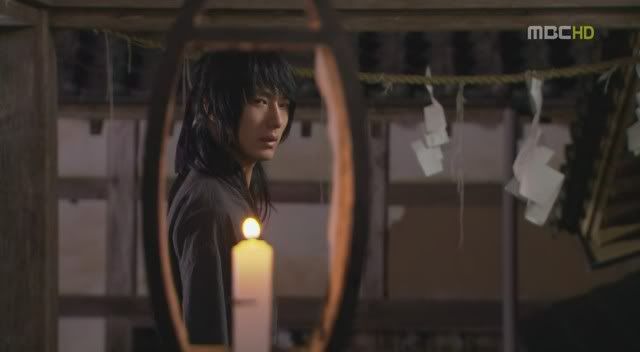
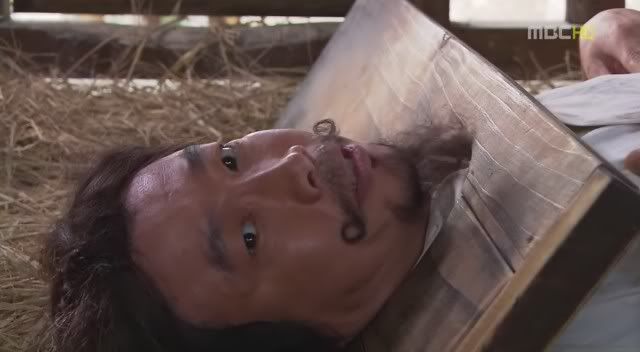
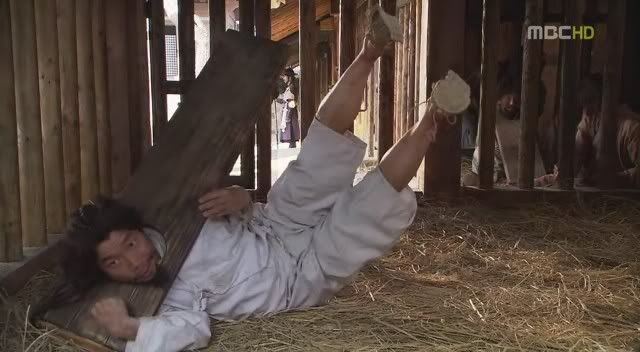
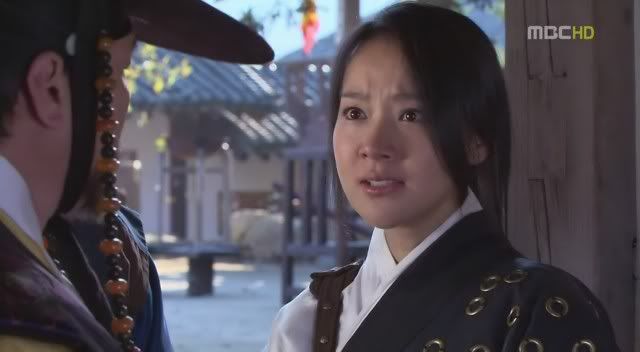
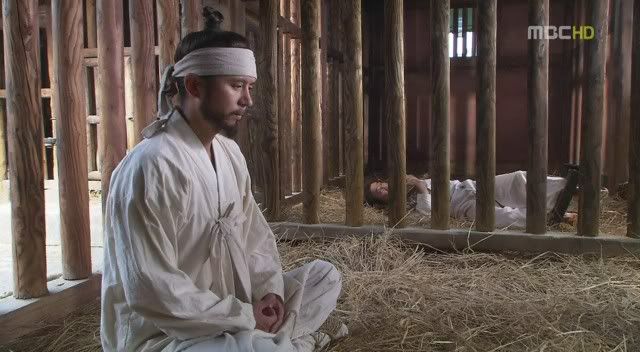
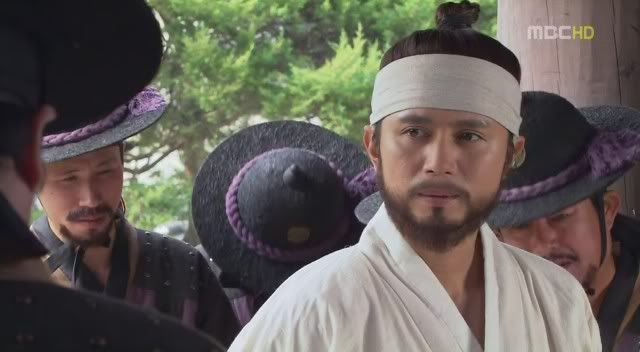

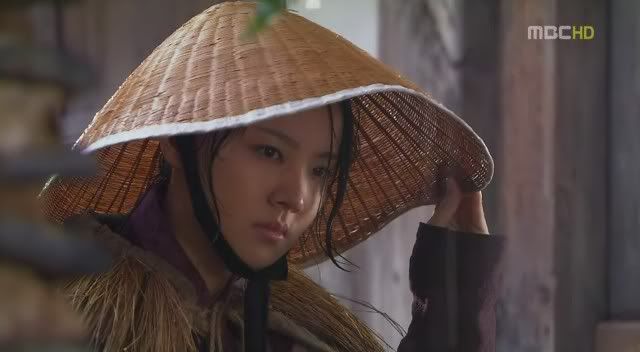
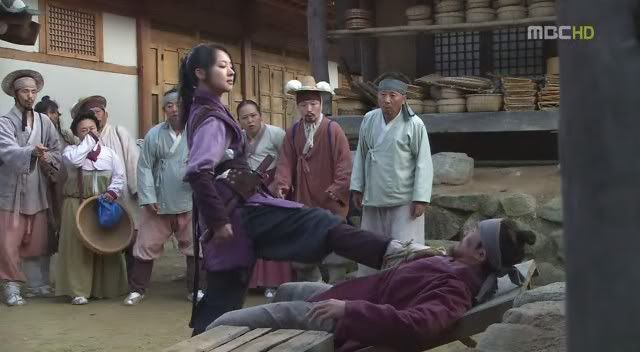
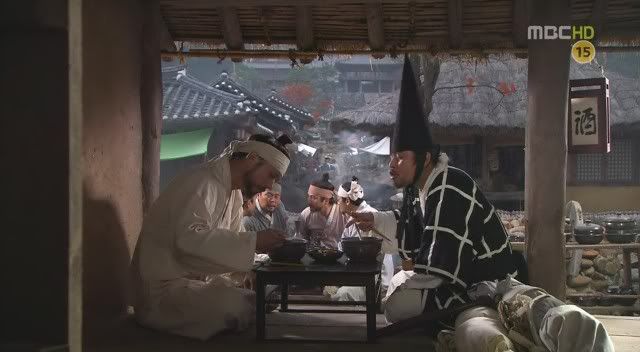
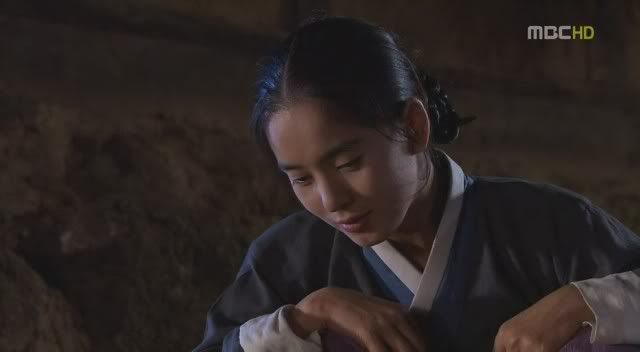
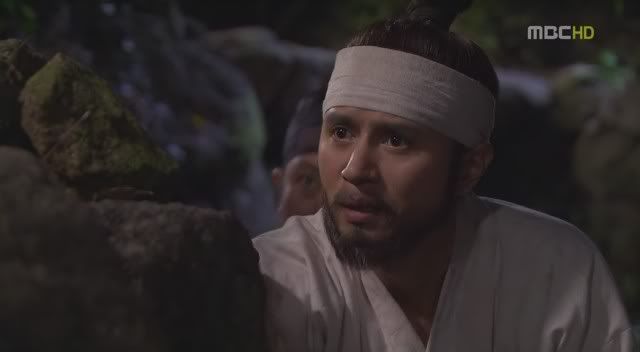
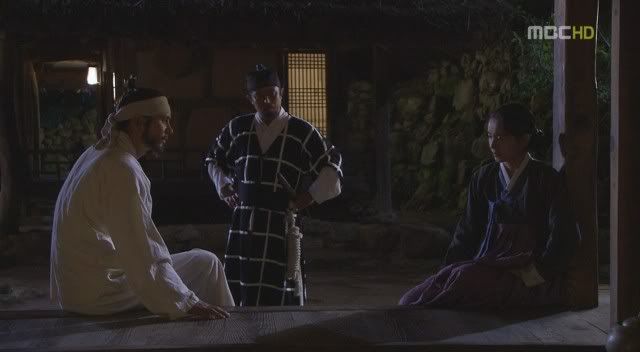
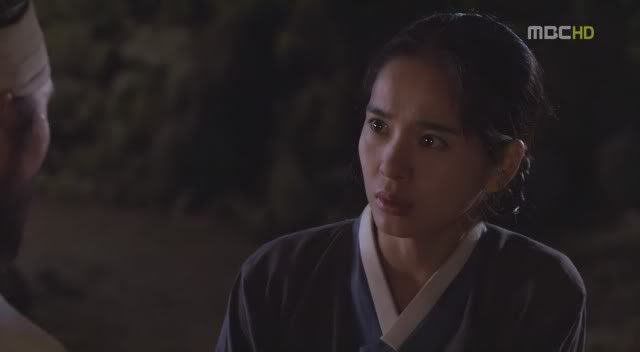
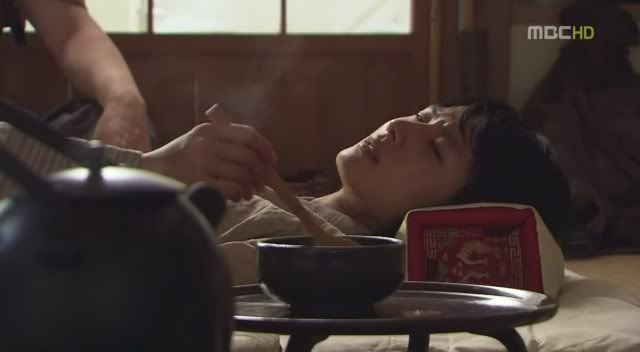
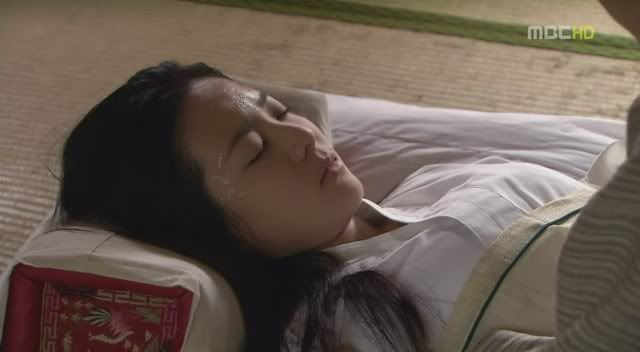
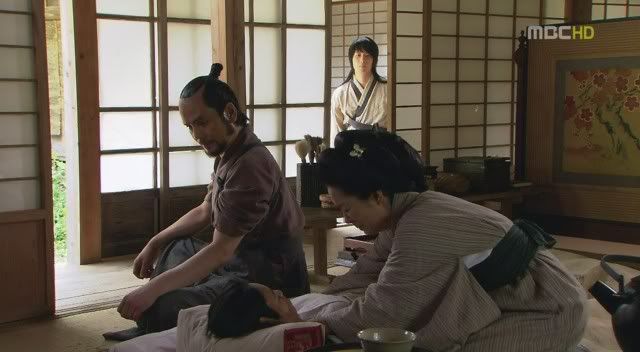
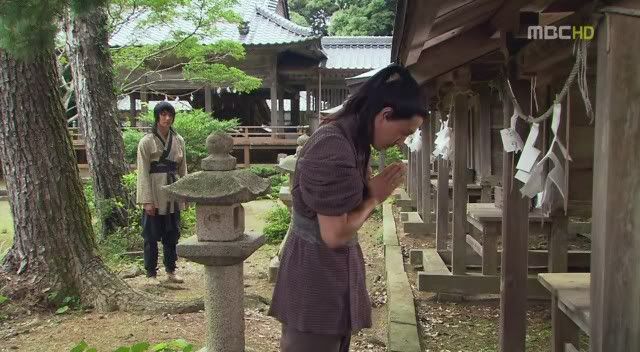
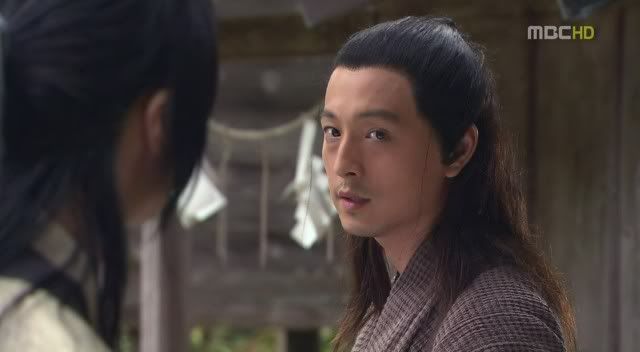


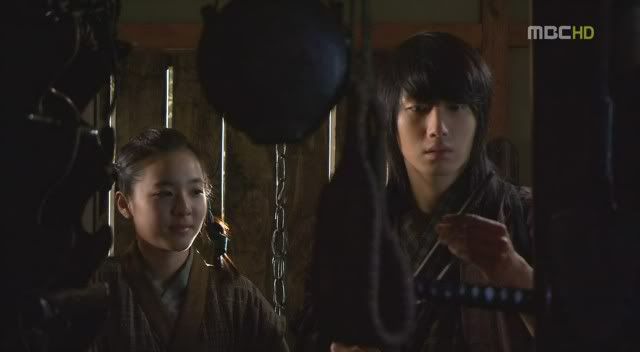
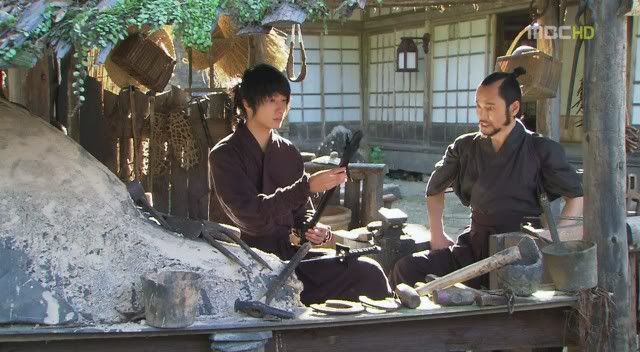
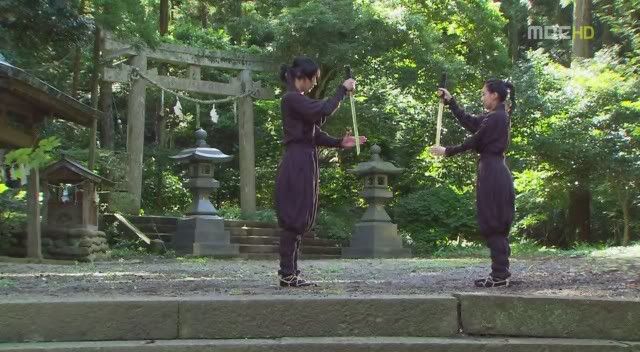
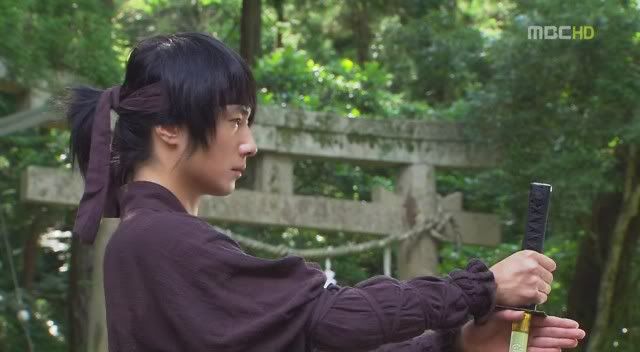
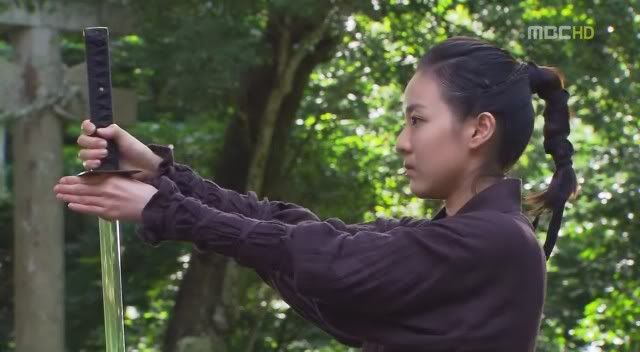
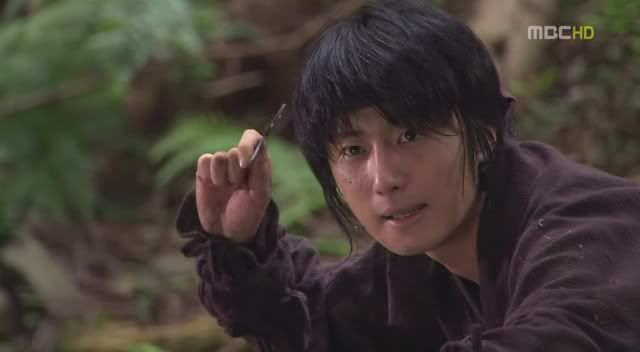
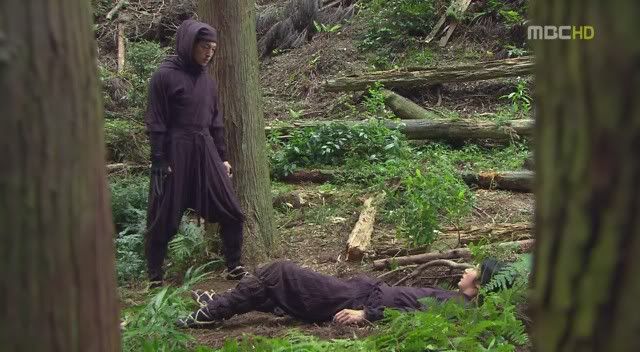
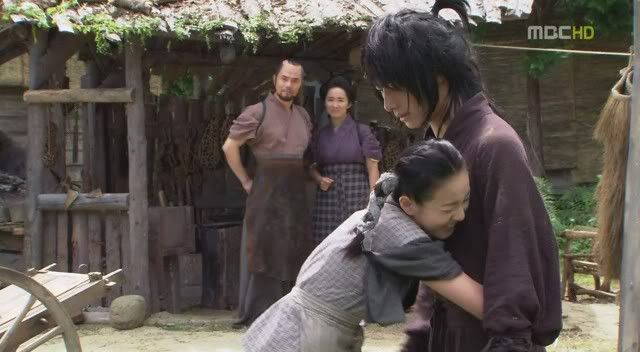
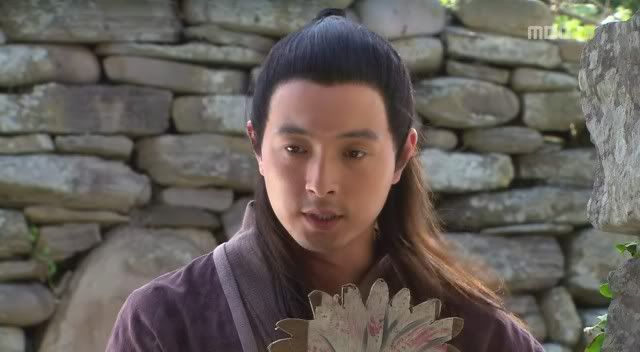
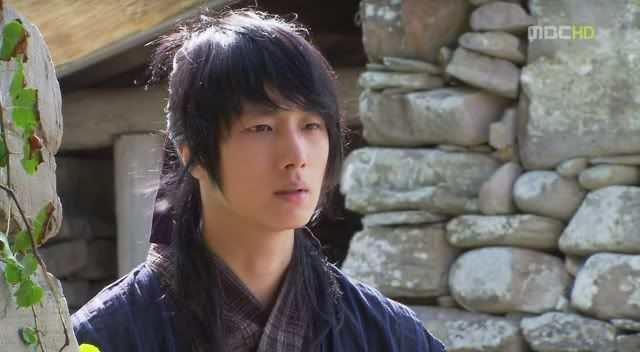
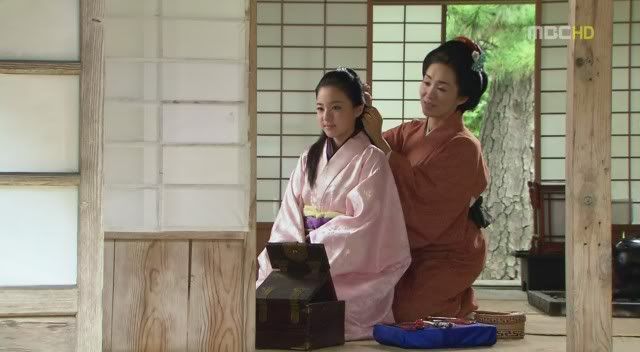
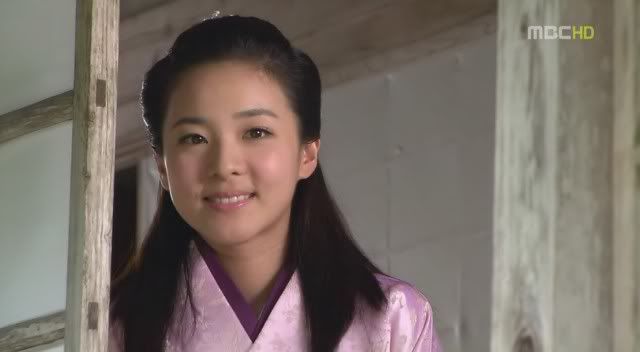
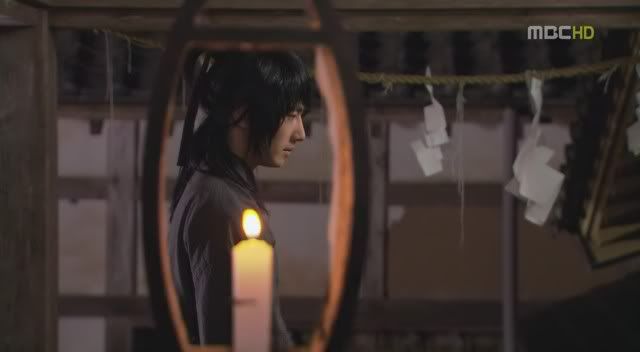
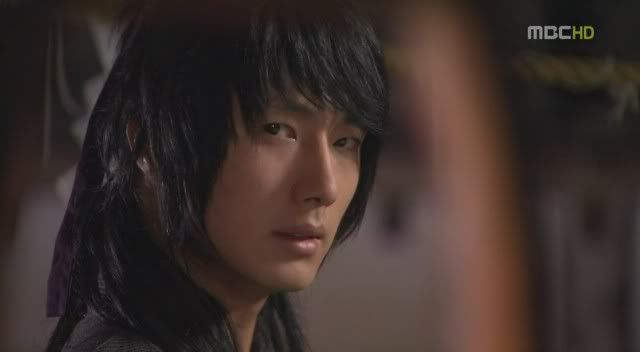
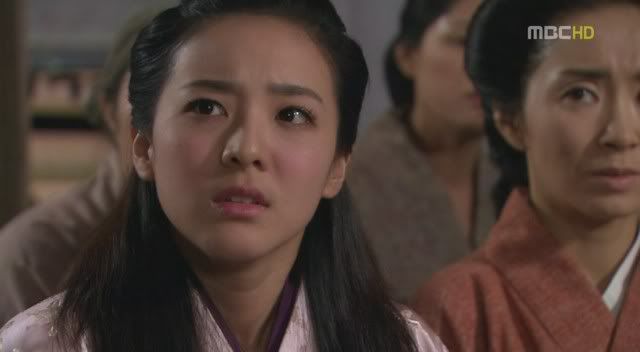
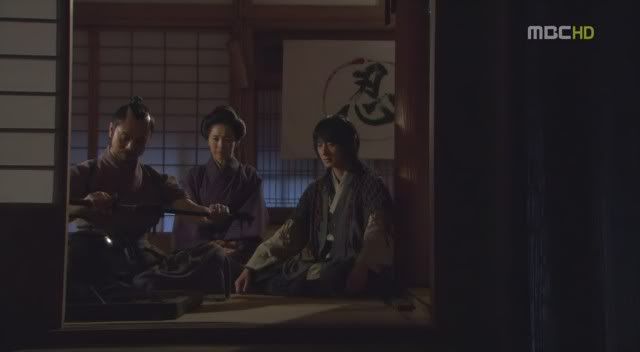
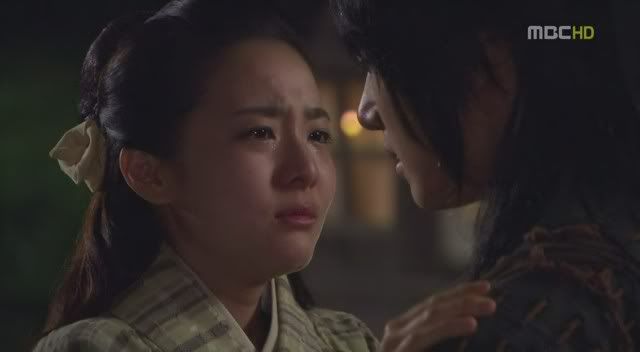
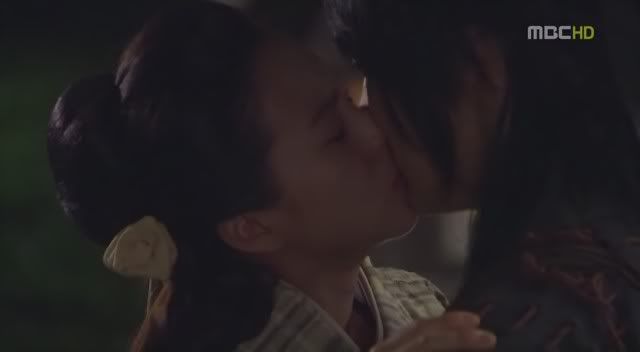
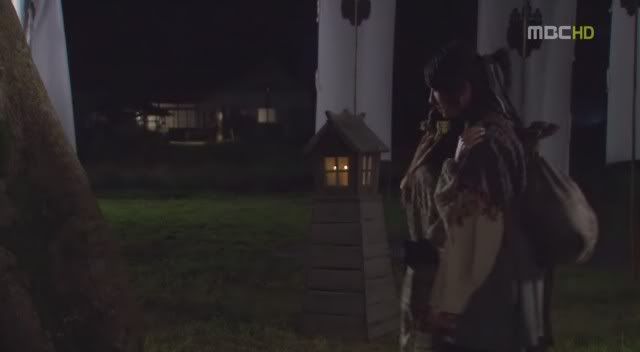
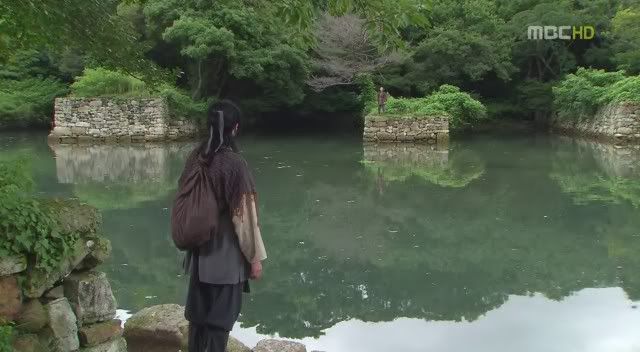
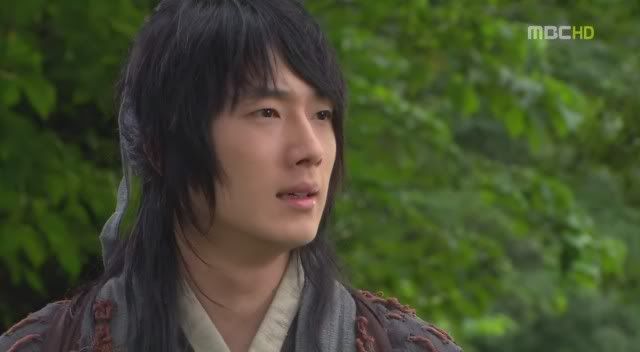
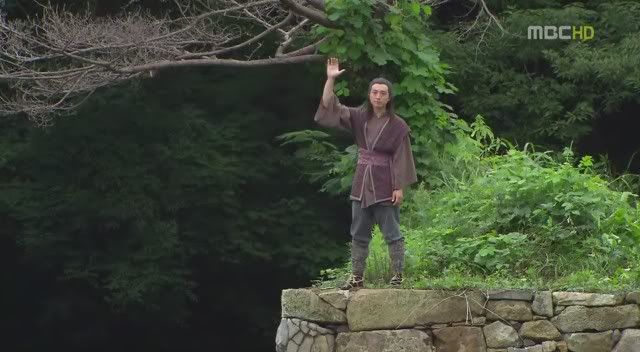
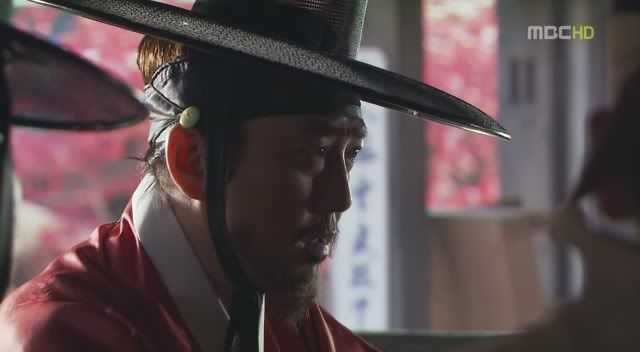
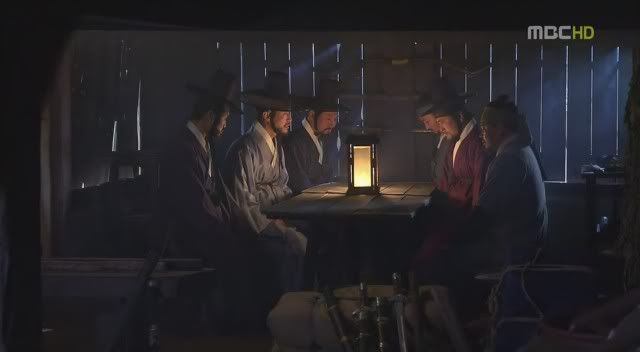
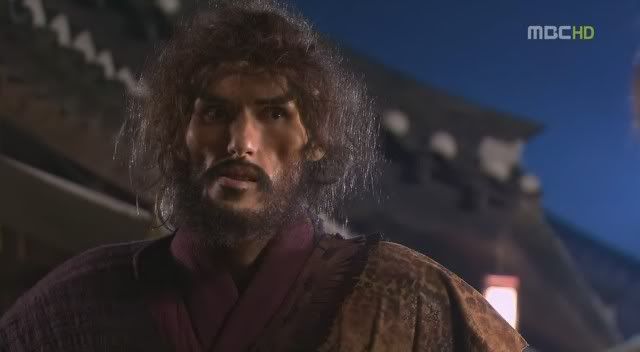
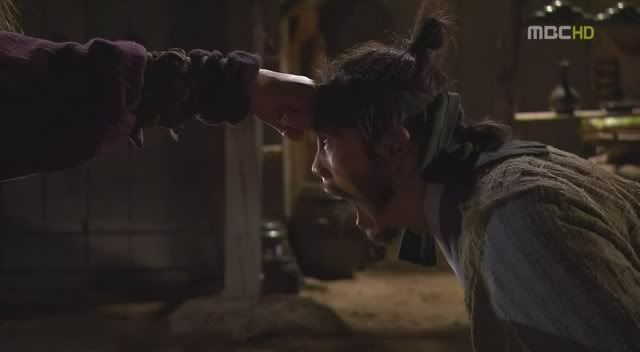
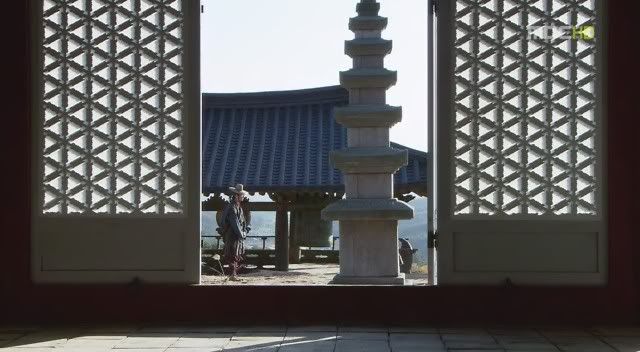
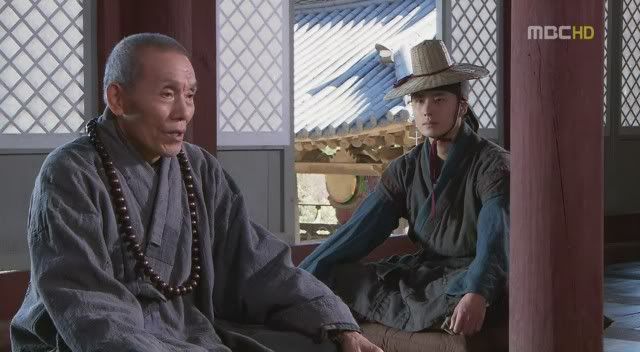
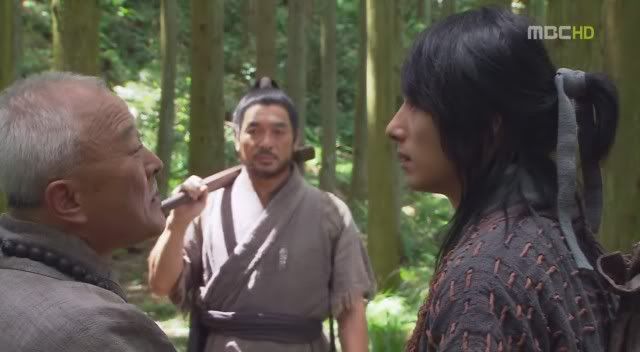
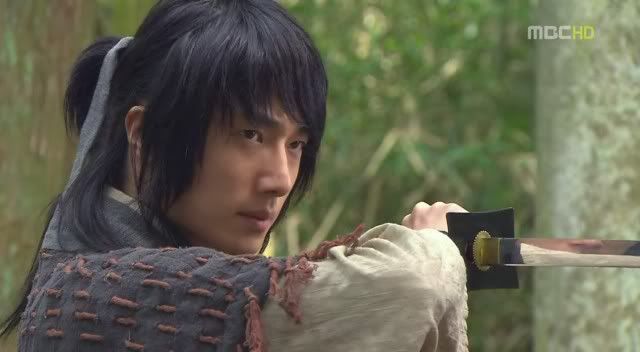
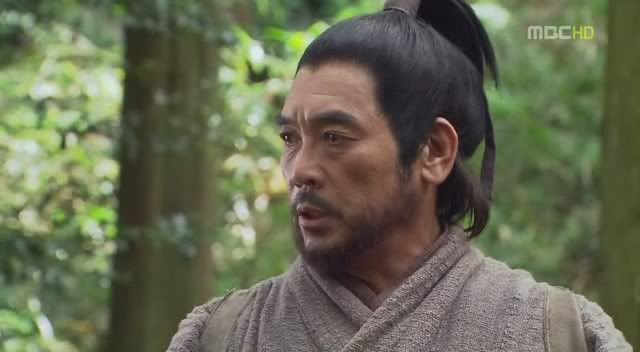
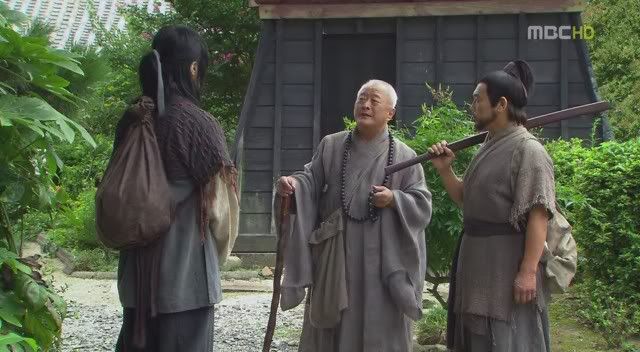
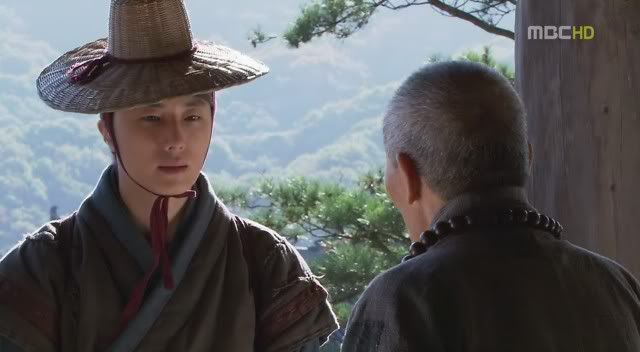
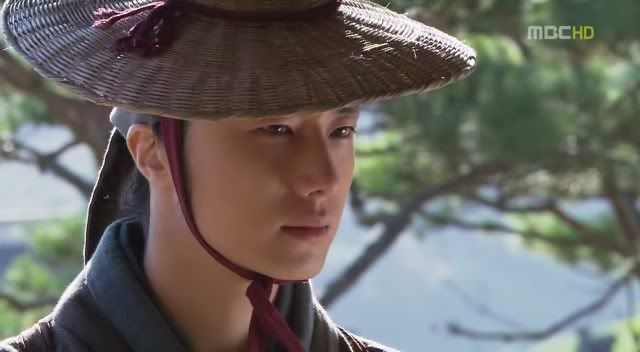
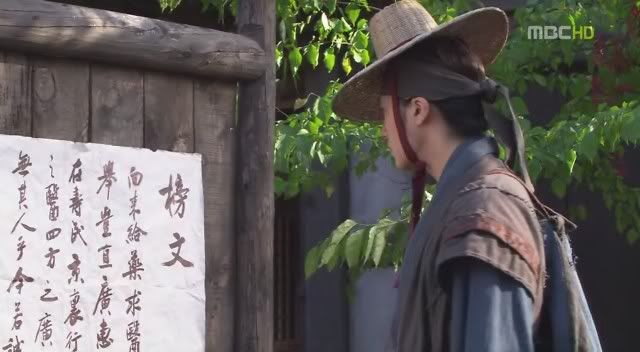
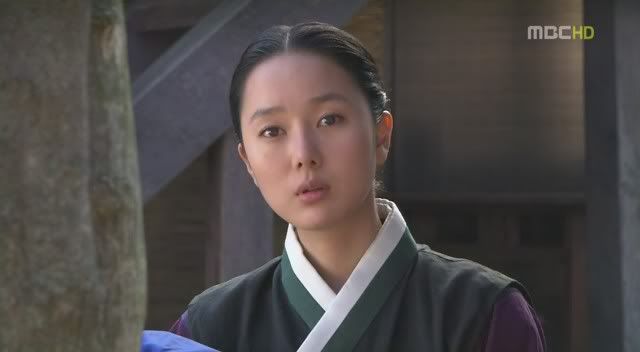
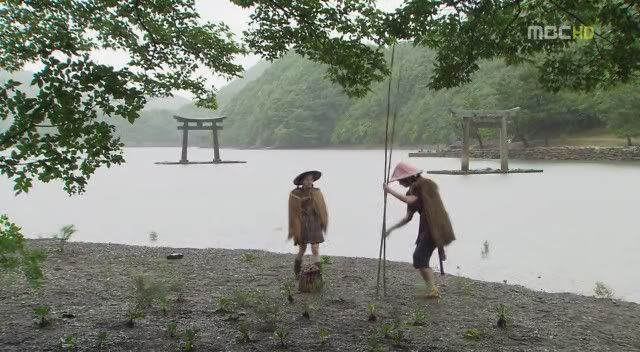
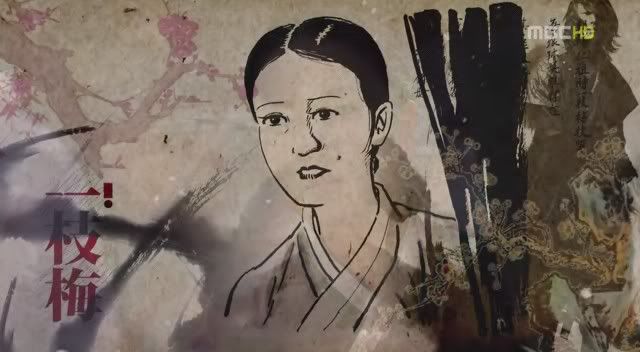
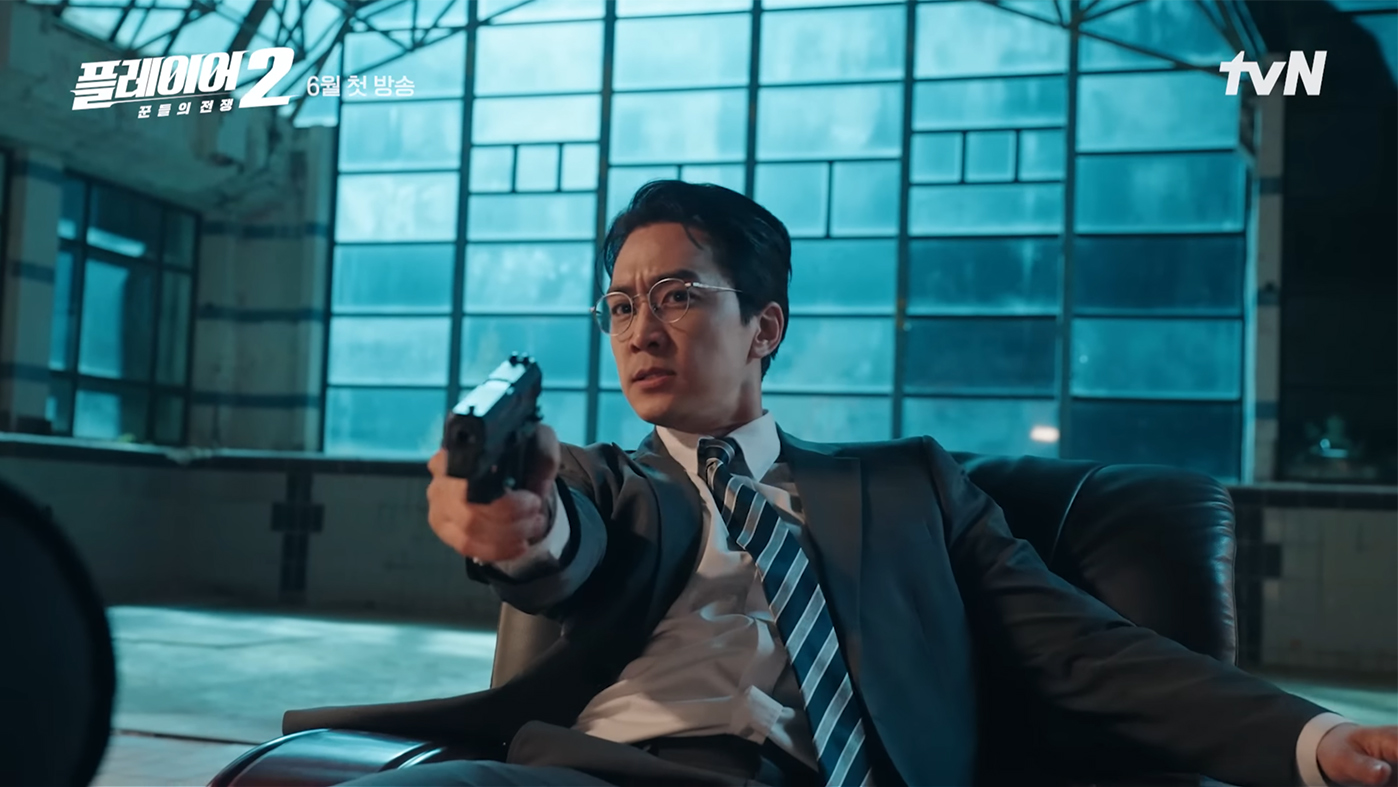
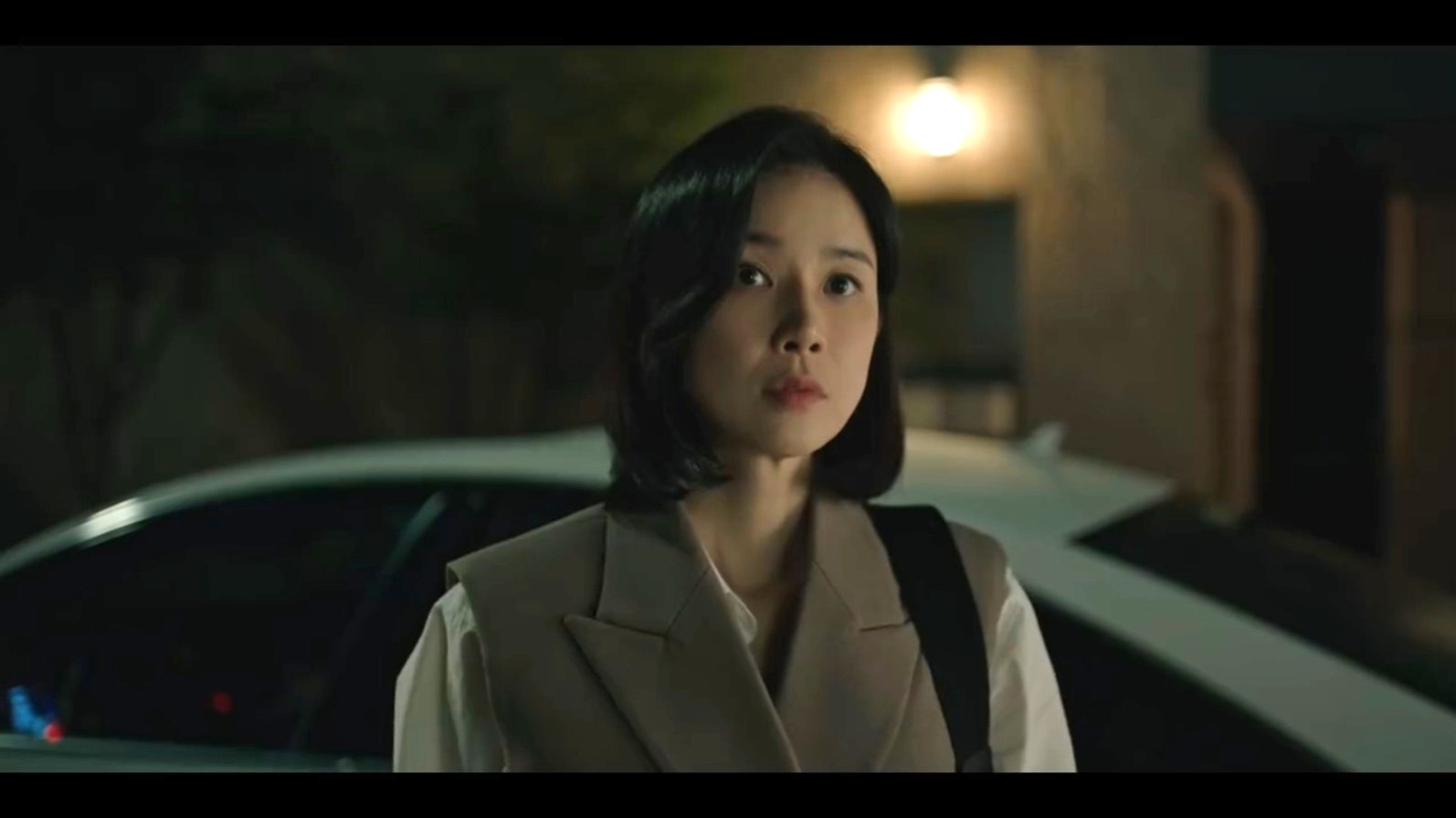

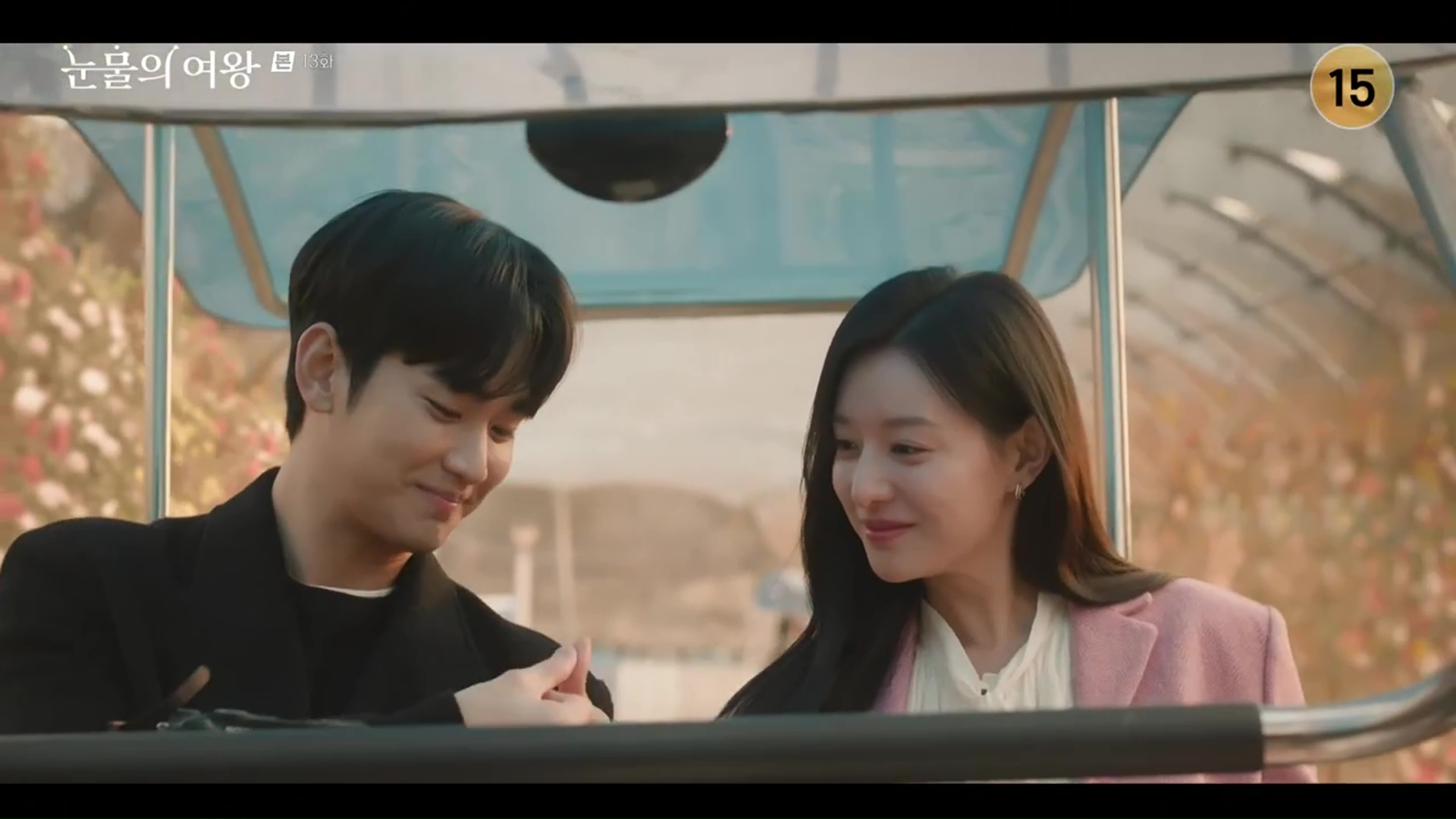

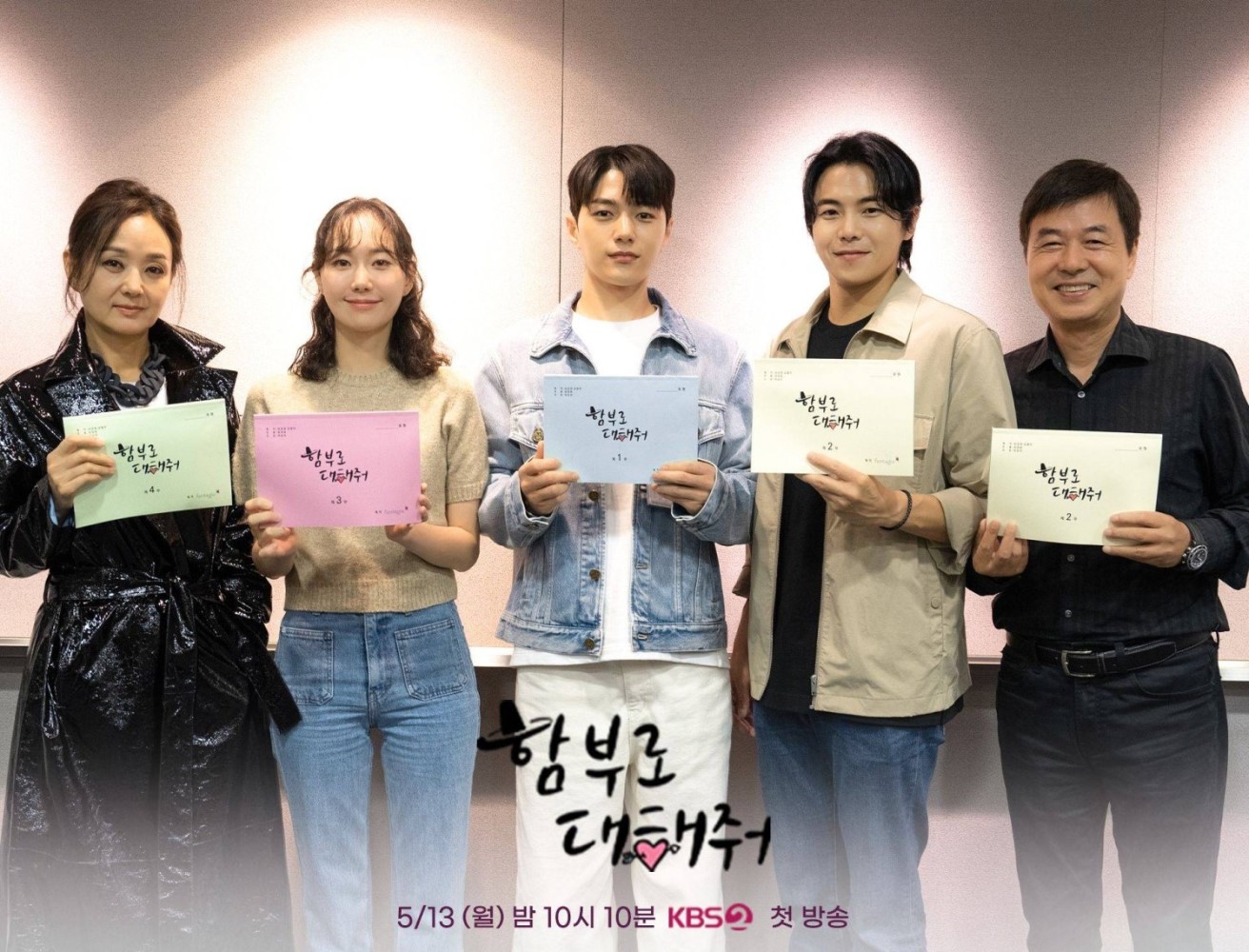
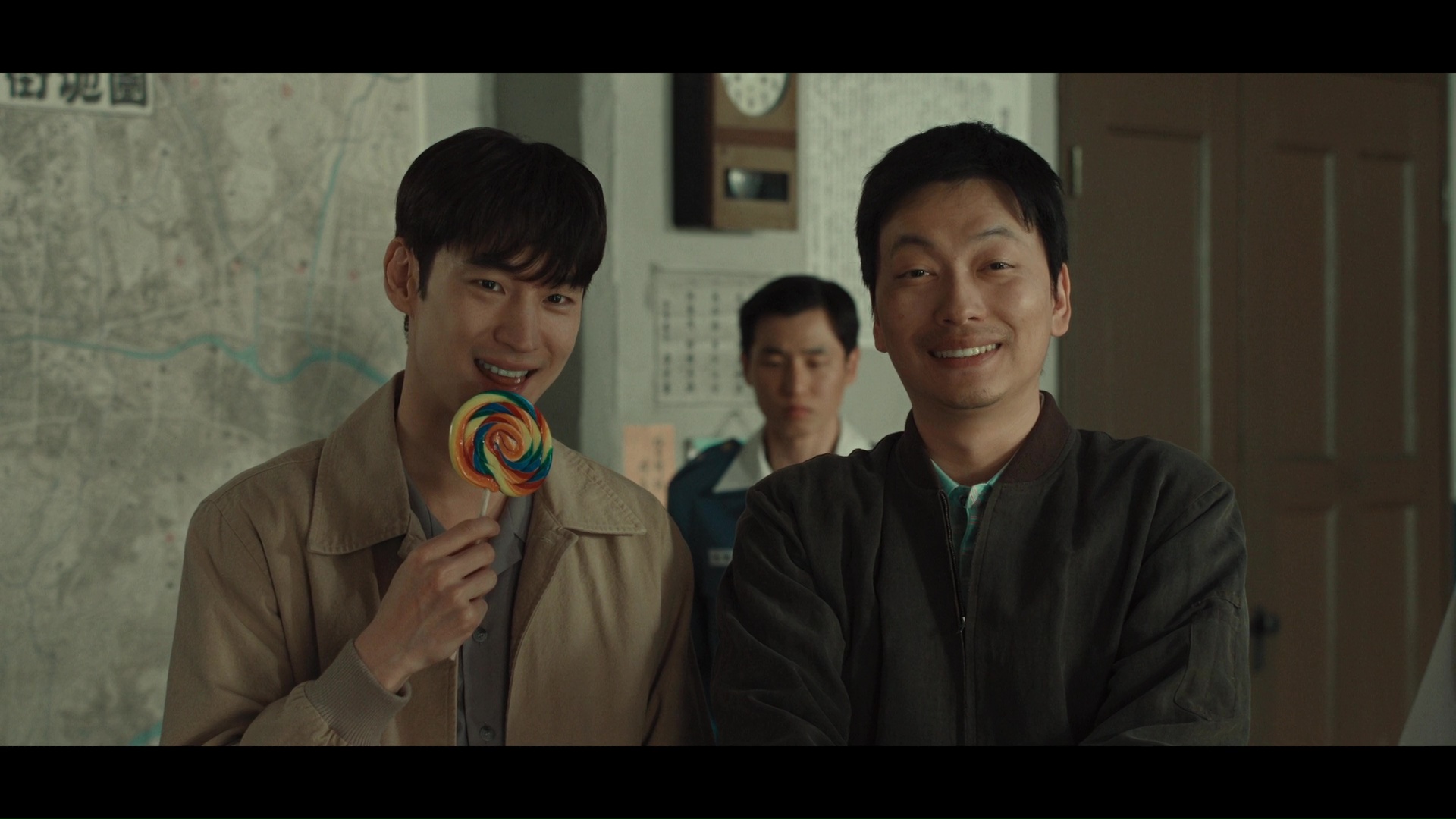
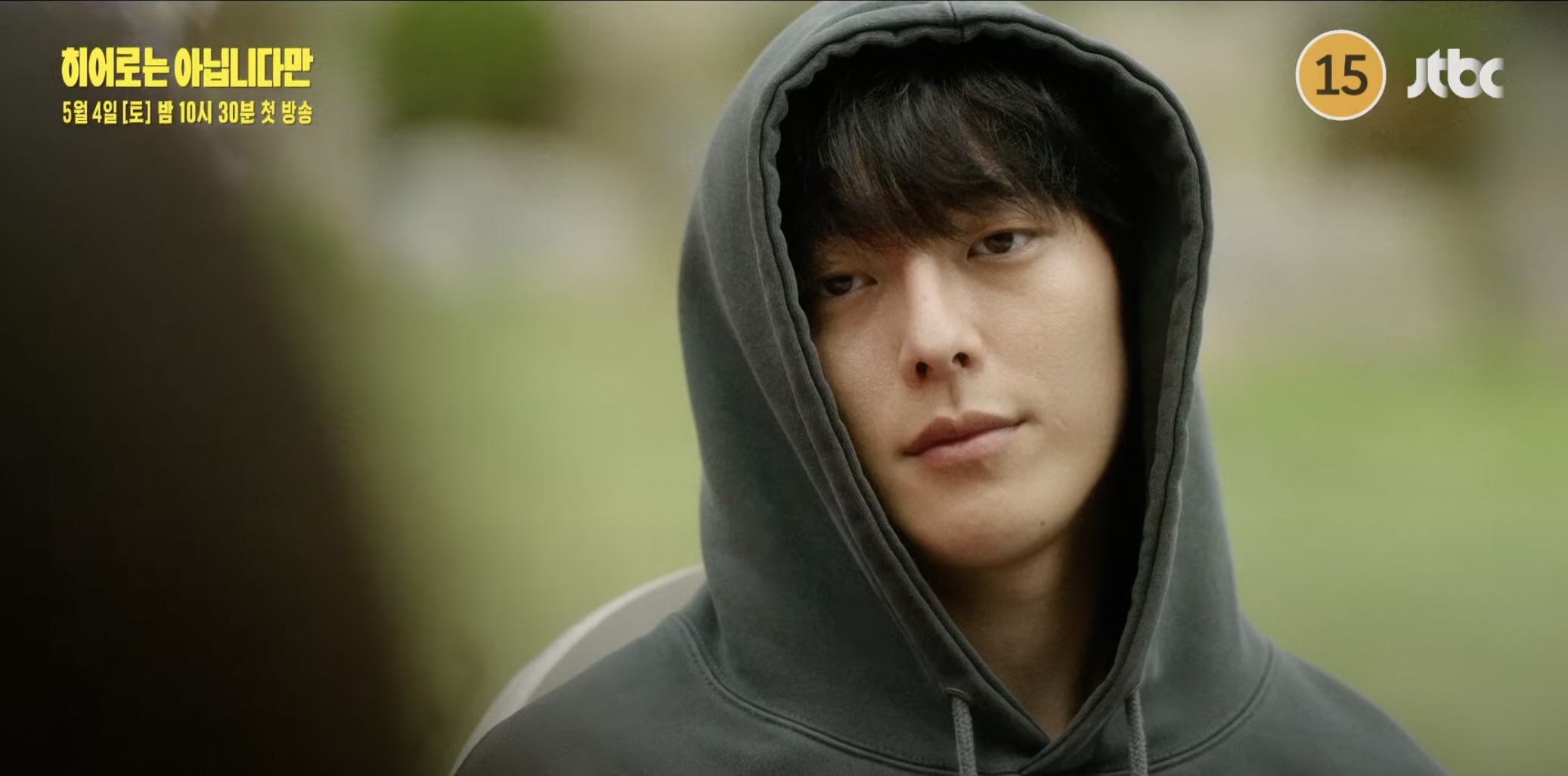
![[Drama Chat] The mysteriously disappearing desire to watch](https://d263ao8qih4miy.cloudfront.net/wp-content/uploads/2023/10/didiva_5-scaled.jpg)
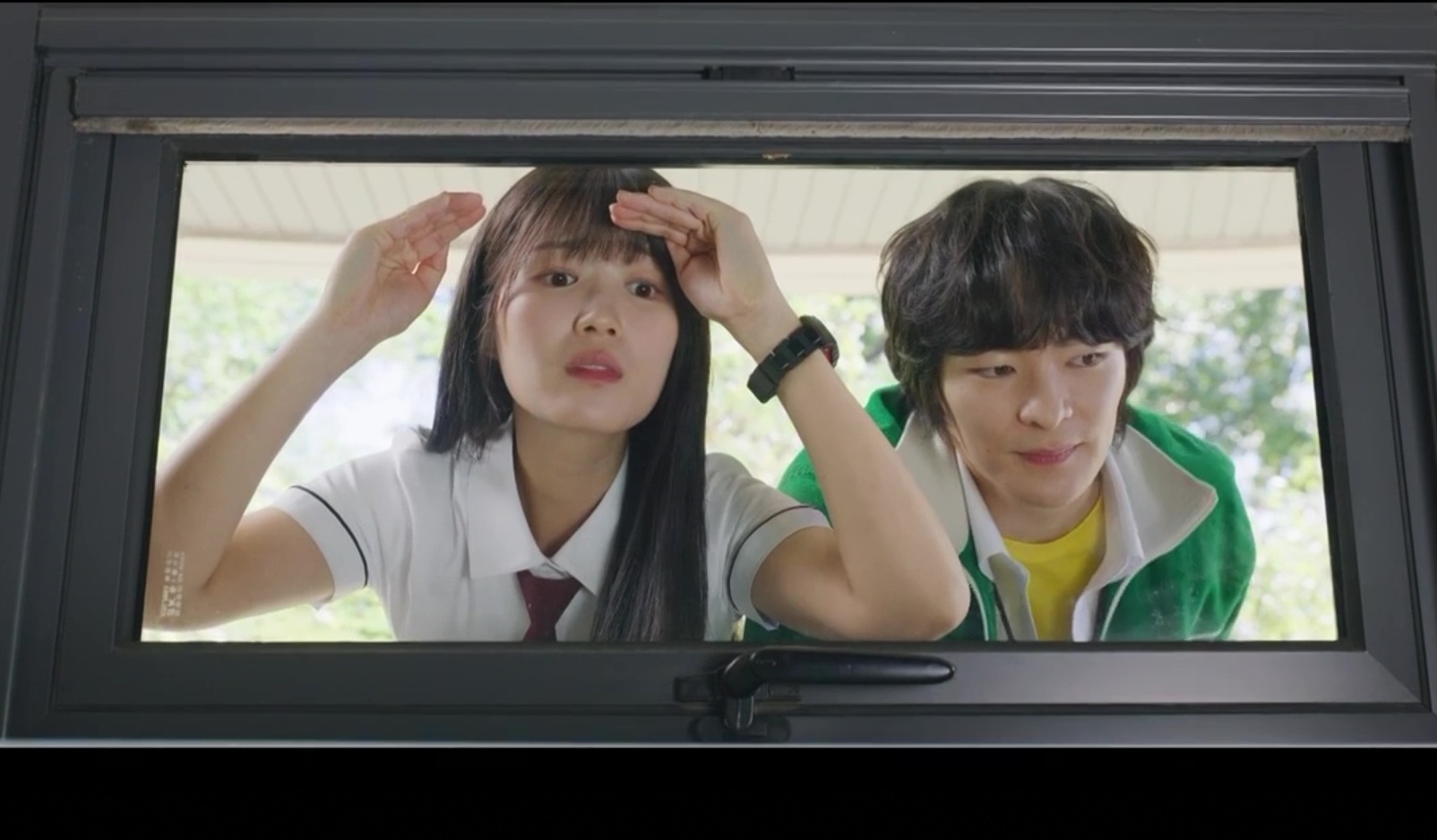
Required fields are marked *
Your email address will not be published. Required fields are marked *
51 jen
May 18, 2009 at 9:34 PM
i definitely like this iljimae better
though i LOVE lee junki, his acting was the best for his version of iljimae. he displayed 2 different personalities to his iljimae: the aloof goofy one and the serious one. and i loved it. his iljimae on sbs was more, i think, comical. it shows his abilities to be 2 different persons.
this is more flowy and dramatic and beautiful. jung il woo's acting is superb and this is gonna make him an even better actor. i think he's perfect so i'm glad lee seung gi didn't accept the role. i just didnt think seung gi would've been right so i'm glad jung il woo did this.
besides seung gi is better in shining inheritance as the jerk :P
Required fields are marked *
52 Joebs
May 7, 2011 at 7:24 AM
Lee Seung-Ki? Seriously? O_O I think he'd do better to stick to singing. I can't stand his acting (it's serviceable, but I find him too bland, too plain, and simply boring as an actor.)
Required fields are marked *
53 beggar1015
June 1, 2011 at 5:51 PM
During the scene with Iljimae and Kotaro shouting to each other about being friends, am I the only one who had a Dances With Wolves flashback? When Wind In His Hair is up on the cliff, shouting to Lt. Dunbar/Dances With Wolves? He practically says the same thing. Oh, not about ninjas, but about being his friend, he will always be his friend.
Required fields are marked *
54 Dan Strickland
March 31, 2015 at 7:59 PM
I notice you appreciate the 다모's action scenes, although it's hard to know whether it's the actress or a stunt woman. Still, she is in my opinion a fine actress who is under-appreciated (although perhaps she deliberately keeps a low profile). This is Jeon Hye-soo (전혜수), who was in both 궁 dramas, playing different roles. She seems like someone who could do more, and there's very little about her on the net. Interesting actor, anyway. Very attractive as well.
Required fields are marked *